“The fact of the matter…” peppers responses from the man self-styled as Dr Food in my exclusive interview with Professor David Hughes.
So look out for environment/climate-friendly labelling, even more transparency in food production, emotion-driven dietary change, and ‘Big Food’ aligning with regenerative agriculture.

Relentlessly travelling the world, “I’m a pollinator [of ideas]” he told me when I bluntly brought up his air miles just before he delivered the Bledisloe lecture at the Royal Agricultural University. “Today we are overwhelmed by information and finding the time to read it is exhausting”.
He’s in demand as to his views on food cultures, systems, chains and trends including why “reducing risk from shorter supply chains is good for everyone”. Fashionable calls for transparency within the food system does not mean everyone wants to know what’s in their beef-burgers sold at football fixtures, but people overall “want to know they could access that information if they wanted to”.
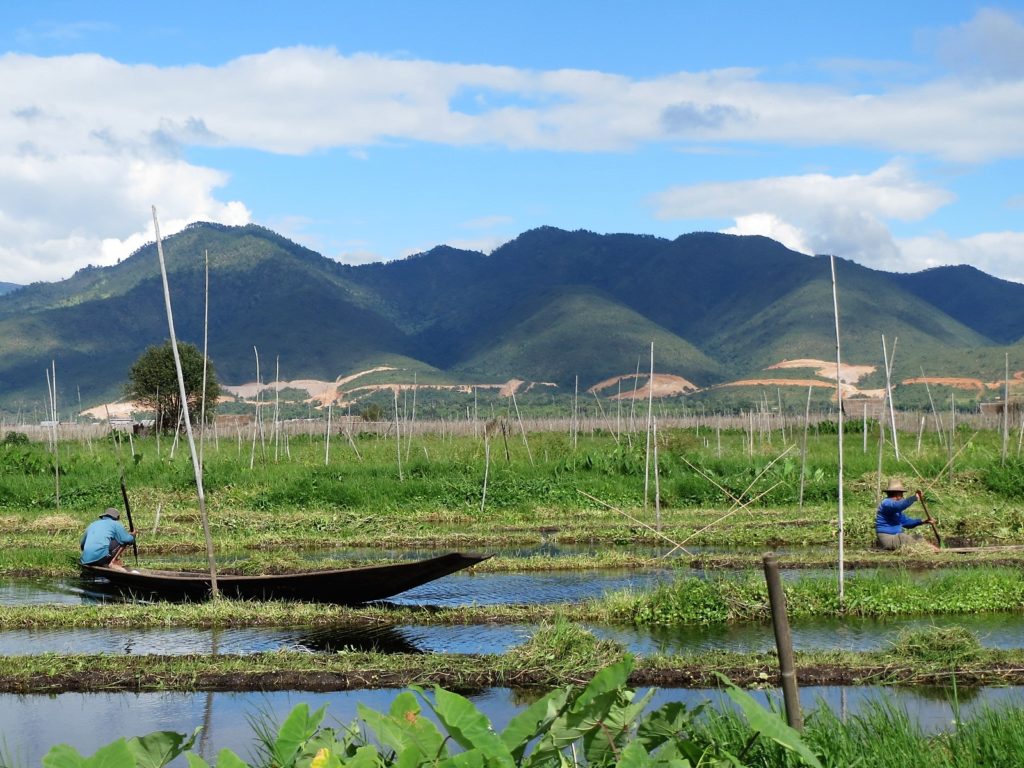
“We are entering a new era of when more people are interested in where their food comes from” he added. Retailers are seeking shorter supply chains with even ‘Big Food’ aware that trust has drifted from them, and so ally themselves with regenerative agriculture, while “seeing farmers as part of solution, not part of the problem, with social purpose driving the largest players such as Unilever”.
Farmers need to get used to these trends. Children are driving changes. “Go forward a generation – what proportion of our children are going to be vegetarian? Higher than it is now” Professor Hughes said.
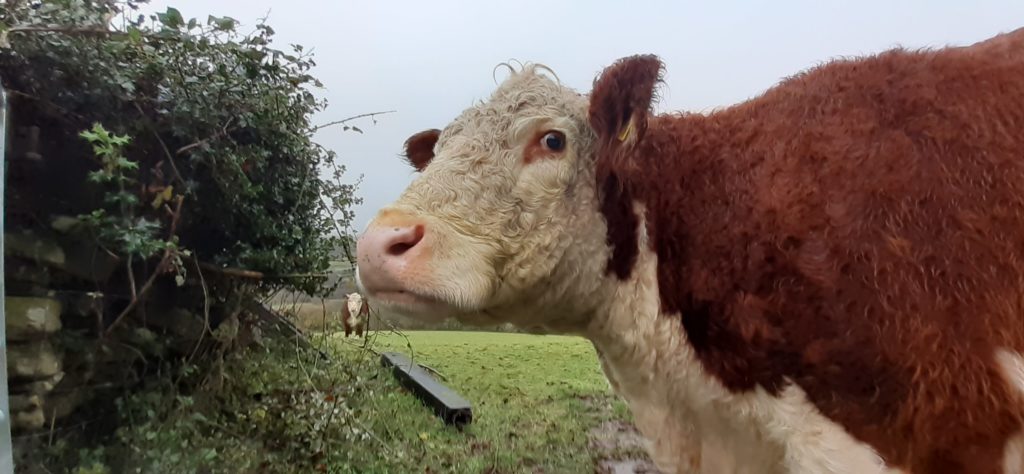
Livestock farmers must adapt to the pressures ahead. “It’s not going to go away – if you are in meat or eggs, consumers are focused on the impact of that product on their health, the environment and on animal welfare issues” he outlined to me.
“This isn’t a scientific issue, it’s an emotional issue”. But this provides huge opportunities when UK livestock farmers “can drive a point of difference” with imported products.
He went on “farmers here have good stuff – with all the green imagery – with consumers wanting better meat, so celebrate that, keep telling people your story, play to your strengths – it’s long term but consumers trust UK farmers”.

Our governments must learn from the past he warned. “Legislating on welfare, as happened with the pig industry 20 years ago, but then allowing in imports of a lower standard, can be devastating”. However much the domestic market has massive potential, farmers should get ready for more labelling around ‘climate friendly diets’ reflecting environmental standards, however creative they would have to be whether based on landscape, curlew, carbon or GHG reduction/capture.
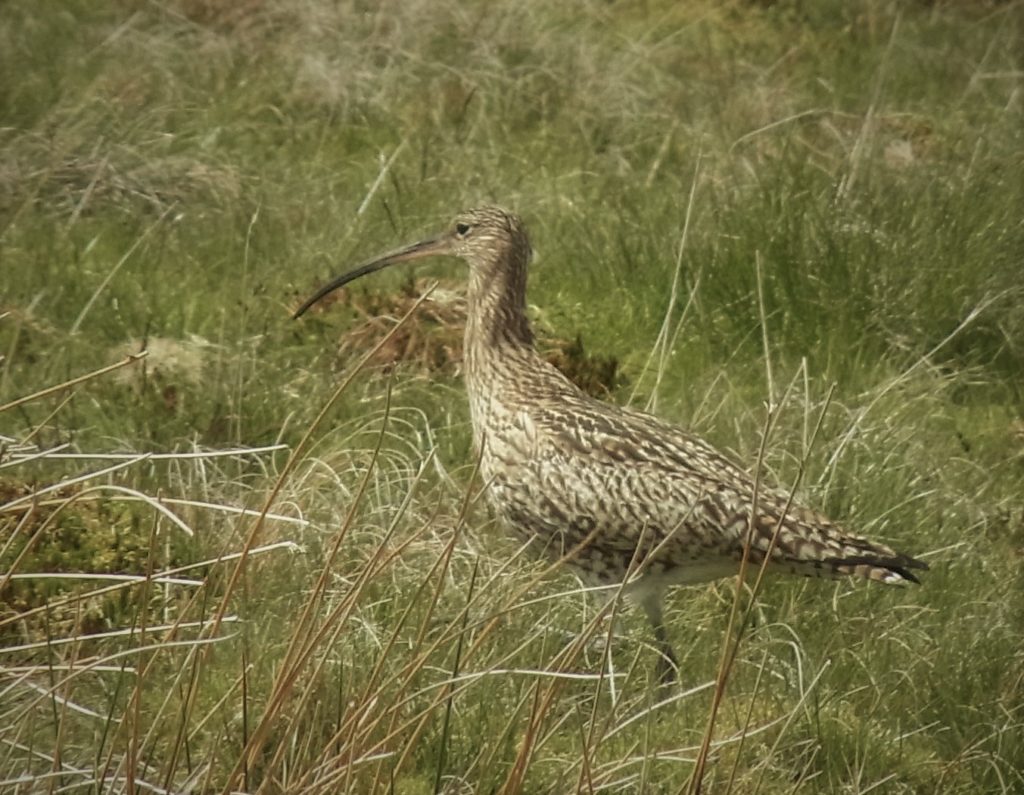
All farmers should be aware of how the Professor frames public funding of farming of any ilk. ”Didn’t we make a pact with consumers, taxpayers, society that they would provide support to farming on the basis farming would become less intensive, strips of wildflowers etc because, we in the UK like our countryside and live close to or in it?” The inference being that often farming takes places hundreds of miles away from the main centres of population in other parts of the world.
The ‘green bar’ of standards is rising, it is up to UK farmers to raise their game and shout about it.
Trust and emotion
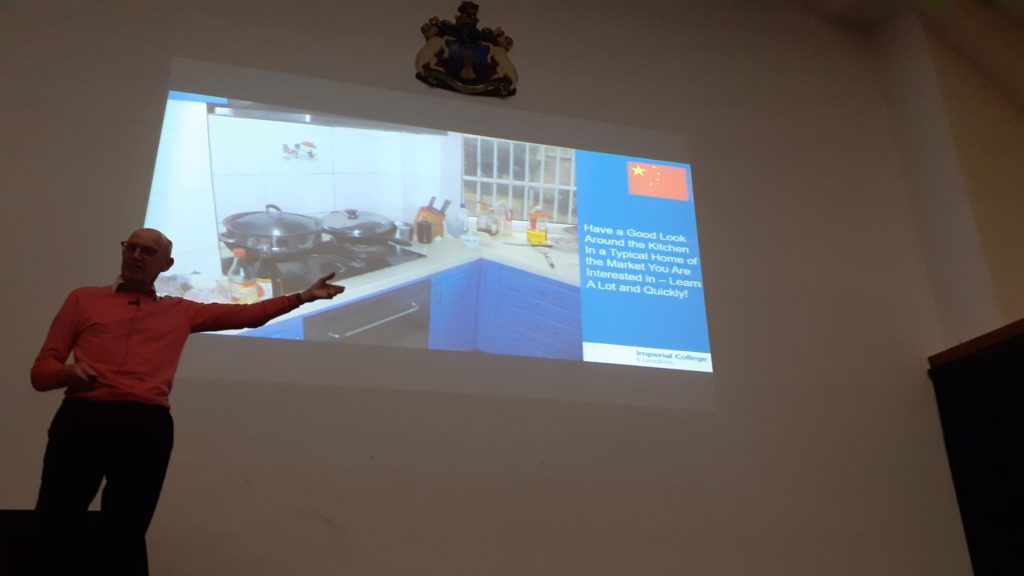
David Hughes was born in Crickhowell in the Brecon Beacons and lives in Monmouthshire when not speaking to industry leaders around the world. “Once a year look up and out, rather than down and in” when spotting where consumer trends are heading and what other markets are doing. “Emotion, not science, drives us when it comes to food”.

His lectures are fast paced, insightful, and not without unpalatable content around some of the current issues. “Social pressures are dictating choices”, a supermarket is testing ‘fit bits’ (dnaNudge) for healthier shopping (“this audience needs to get out more!” he told those at the RAU. Start with consumers, look at their kitchens, and work backwards: “the growing popularity of non-meat based foods has lessons for all producers” he told the audience.
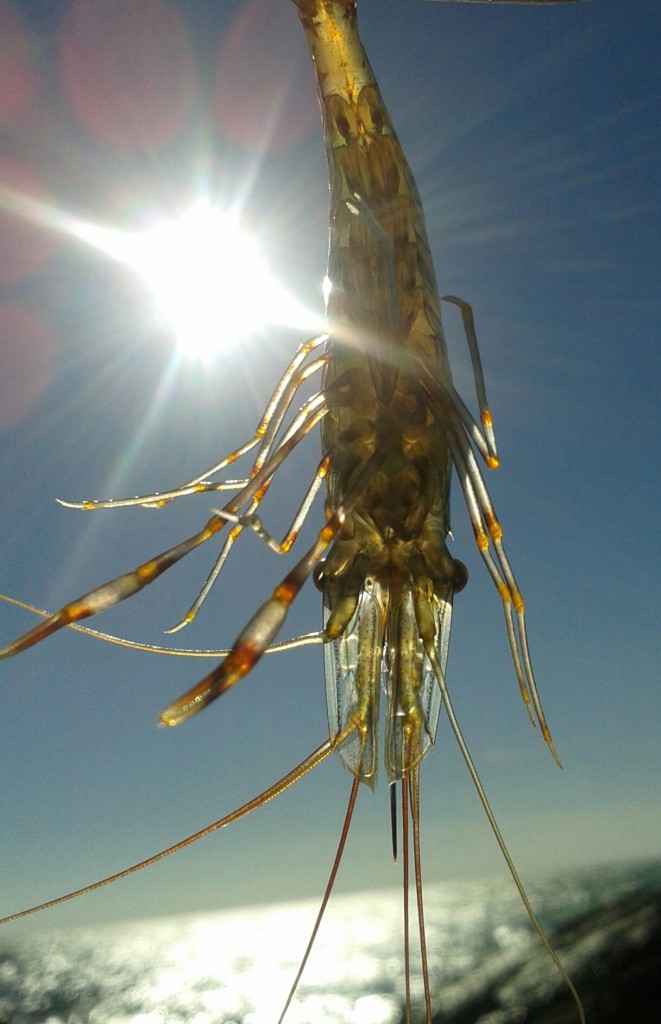
“Farmers in the UK, unlike other farmers around the world, are too defensive, keeping their head down until there’s a problem” he opined to me before his lecture. There’s much more trust in UK farmers than the industry realises, more than other players in the food industry – consumers are looking for added valve around from where their groceries come from, stories associated with them. Perhaps that’s why when I asked him what he would eat on Brexit day he said “If it’s a hard one. British lamb. Because someone has to. Someone has to”.
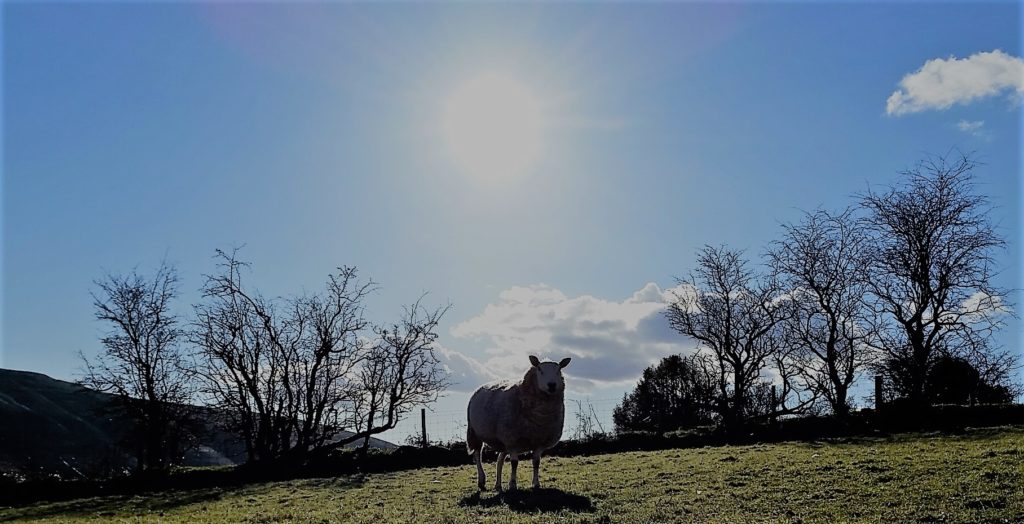
It’s time for British farmers to tell their story.
This first appeared in Farmers Guardian [Note: due to the vast amount of material I gained from a 20min interview – anything to be updated, any time]
Pertinent blogs from Dr Food here (May 2020) and here (Feb 2021)
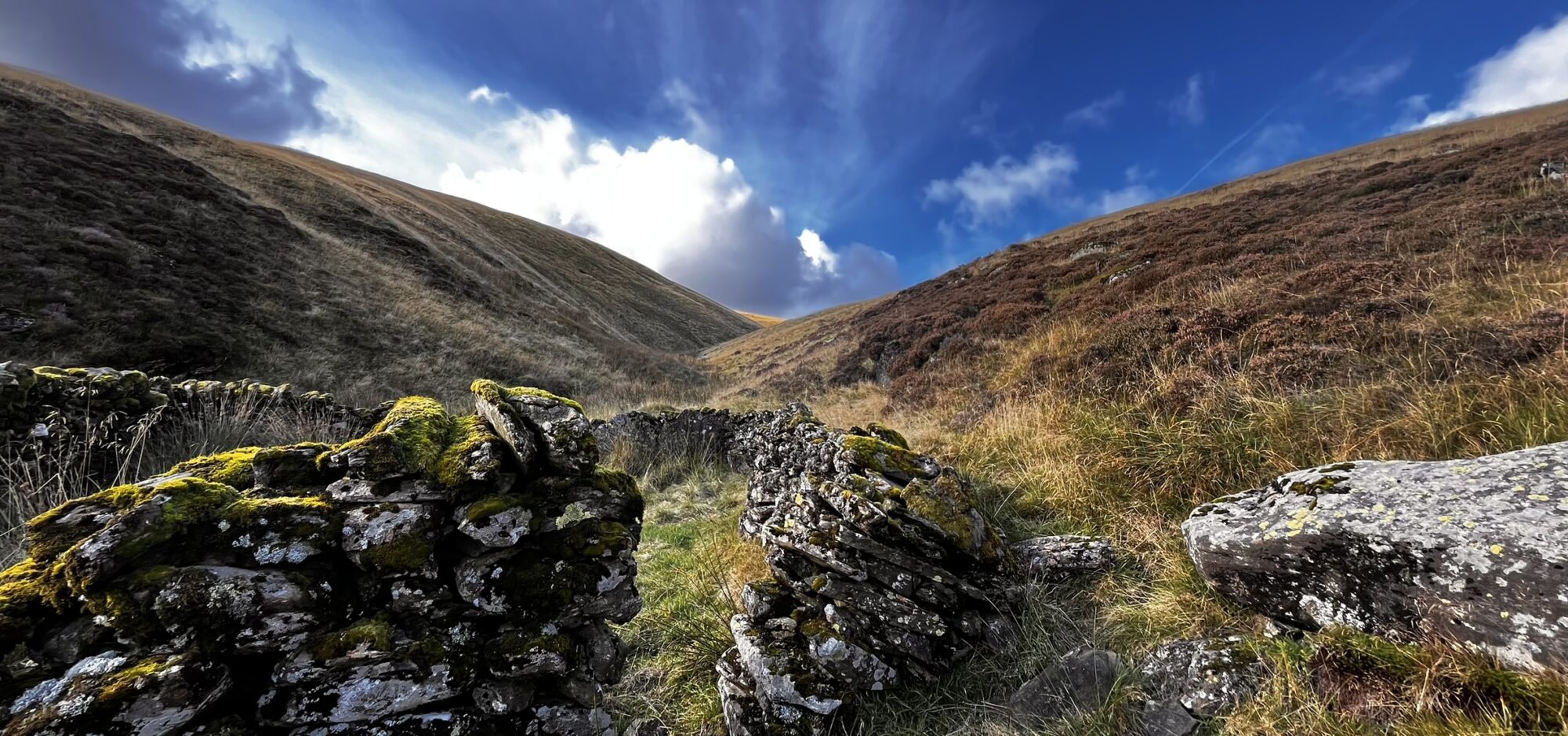
Yes, farmers, keep on shouting about the wonderful grazing and the lifestyles of free range cattle, and keep telling the public that they must realise that they have to PAY MORE for GOOD FOOD, the supermarkets have pushed the prices down and forced farmers to adopt mass production methods to achieve cheapness.
Let’s go back to meals we ate after rationing was over, and everyone knew how to slow-cook a cheaper joint – buy a slow cooker and come home to a meal ready , and add lots of home-grown vegetables!
[Asian food is all the rage, but think of the air-miles and rice is now regarded as a bad environmental crop, leave it in Asia for people there who depend on it.]
I am sorry but it is NOT supermarkets which have depressed prices; it is consumers who continually (and understandably) seek to buy their food at lower prices. If consumers wanted to pay more they could by investigating how, when and where their food is produced. They could buy foods ‘in season’ rather than flying strawberries in from thousands of miles away. Don’t blame the retailers for the consumers motives.
Vicki Hird from Sustain said “Increasing the use of agroecological methods will ensure we can still get the food we need in years to come – though not necessarily the food companies like to sell us”
https://www.fginsight.com/brexit-hub/brexit—industry-leader-analysis/will-2020-be-as-chaotic-as-2019-i-hope-not-for-all-our-sake-99912
Yes demand should lead supply, but is the majority of society ready to lead on this so that supermarkets make a profit on ‘more expensive’ groceries such as Welsh lamb over New Zealand imports or Kent tomatoes under glass over those from the Spain under sunlight?